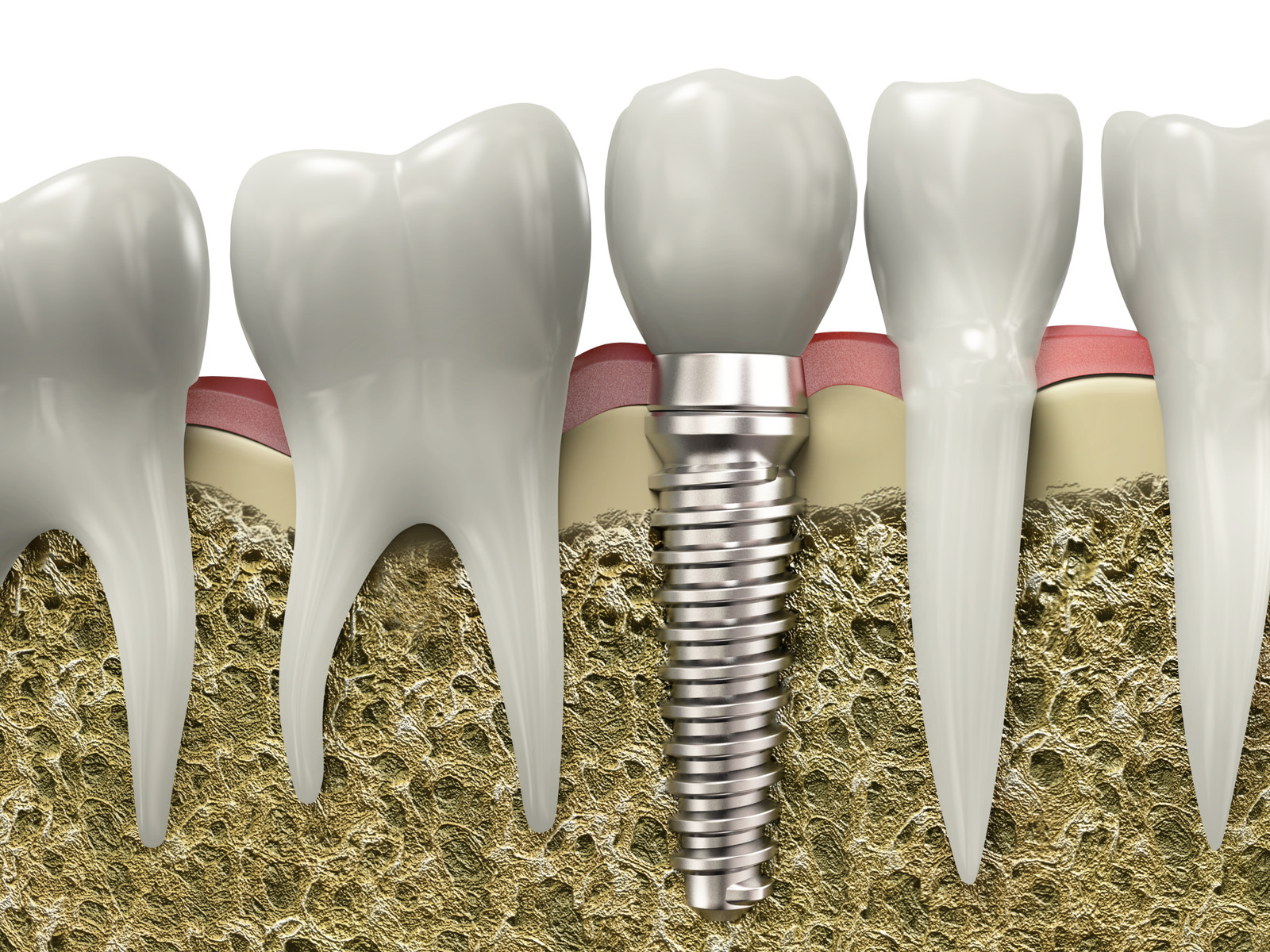Today’s dental implants have a success rate exceeding 95%. Behind that percentage is a long line of people whose tooth loss has been permanently and completely resolved to allow them to eat, laugh, and live confidently and naturally. But we aren’t satisfied. Your dentist in Kissimmee is determined to drive that success rate higher and higher year after year. One way we do that is by constantly investigating to understand the factors that promote success and that may be harbingers of disappointment. With that knowledge in hand, we educate every patient with all the information they need to know to be completely satisfied with their implants.
Here’s what we have learned about factors that can influence the success of any individual’s dental implants in Kissimmee. Your dentist will review all of your personal circumstances and risk factors, but you should know this information in advance as you’re considering implants to fill the gaps in your smile. There are three clusters of factors that can influence the outcome of your implant procedure: health issues, the state of your jaw, and how you care for your implants.
Health issues
While dental implants near you are a small element in a precise location in the context of your whole body, the success of your implants can be affected by the general state of your health. This is why your dentist in Kissimmee will ask you lots of questions about your medical history and health while assessing whether you are a good candidate for implants. Five particularly important health-related issues can affect the outcome of your implant procedure and that you should discuss thoroughly with your dentist:
- If you smoke or chew tobacco
- What medications you are taking, particularly whether you are taking medications that might interfere with the ability of your body to integrate your titanium implant into your jaw bone. Examples of medications that can affect that process include: some SSRIs (antidepressants), some NSAIDs (painkillers), medications for osteoporosis, and prescriptions to treat chronic inflammatory diseases
- If you have a family history of osteoporosis
- If your medical history includes cancer treatment, including radiation treatment to your jaws
- If you have a compromised immune system which can increase your risk of infection
The state of your jaw
The density and volume of your jaw bone tissue is an important factor in determining the success of dental implants. Having less than ideal bone density does not necessarily mean you’re not a good candidate for implants, but it can determine whether you need any pre-implant supplementation (via bone grafts for example) and can influence the choice of implants to use. For example, if your jaw bone is insufficient, your dentist in Kissimmee may recommend the use of zygomatic implants instead of jaw-placed implants.
Another factor that can affect the success of your implants is whether you have any potentially harmful tooth-related habits. The common habit of clenching your jaw and grinding your teeth, for example, can not only damage your teeth and dental work but can undermine the chances of a successful implant.
How you care for your implants
Maybe you’ve heard before. You can care for your implants just like you care for your natural teeth. In fact, your implants are tooth roots planted below your jaw, so you can’t care for them directly. They do depend on you to care for your oral health properly, though, by minimizing the presence of bacteria (by brushing and flossing regularly). Neglecting your oral health will increase the risk of a failed implant. You can protect the integrity of your restoration (bridge, denture, or replacement tooth, for example) by brushing and flossing normally, avoiding grinding your teeth, wearing a nightguard when participating in sports, and by using your teeth as teeth — not pliers, wrenches, scissors, or clamps.
You can maximize the likelihood of a successful dental implant by discussing any of these risk factors or issues with a dentist near you during your assessment. Your dentist will give you all the advice necessary to ensure your implants solve your tooth loss for a lifetime. Have questions? Get in touch with a dentist near you for answers.
